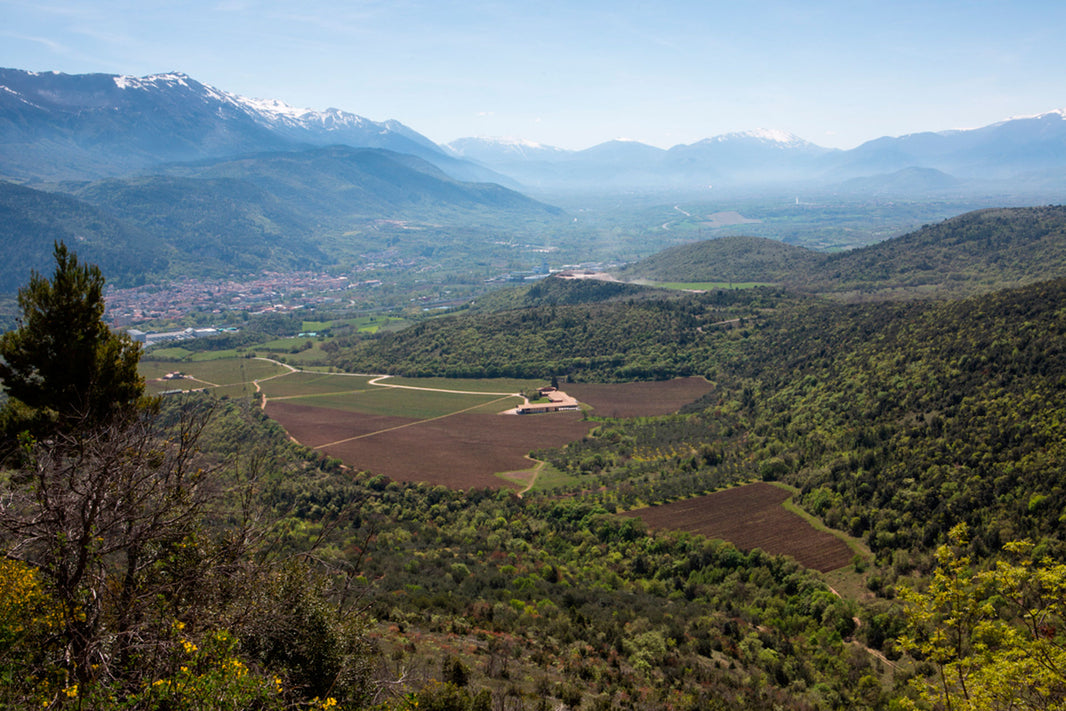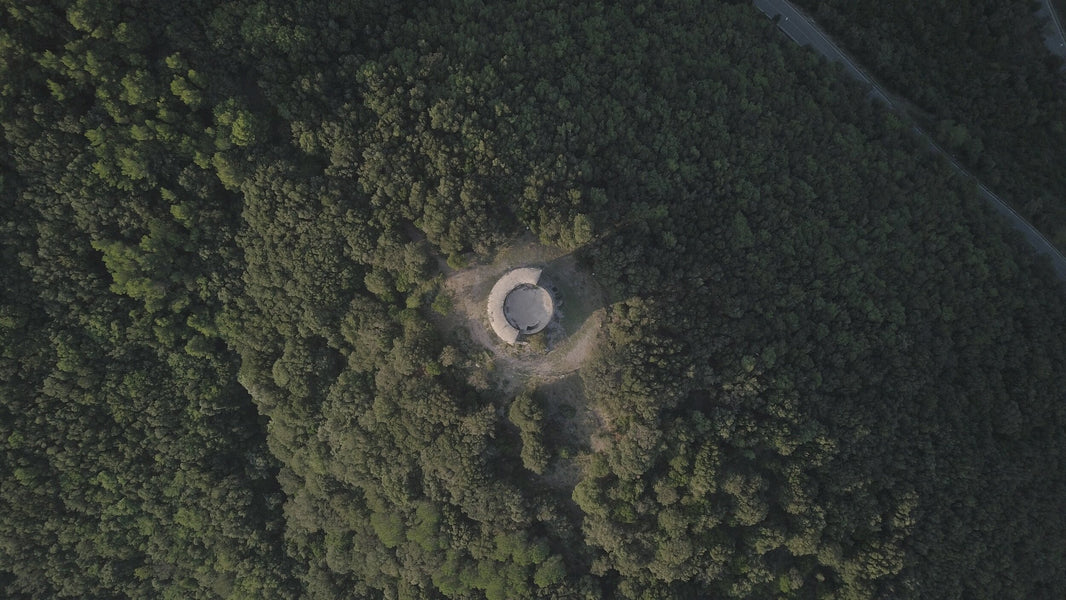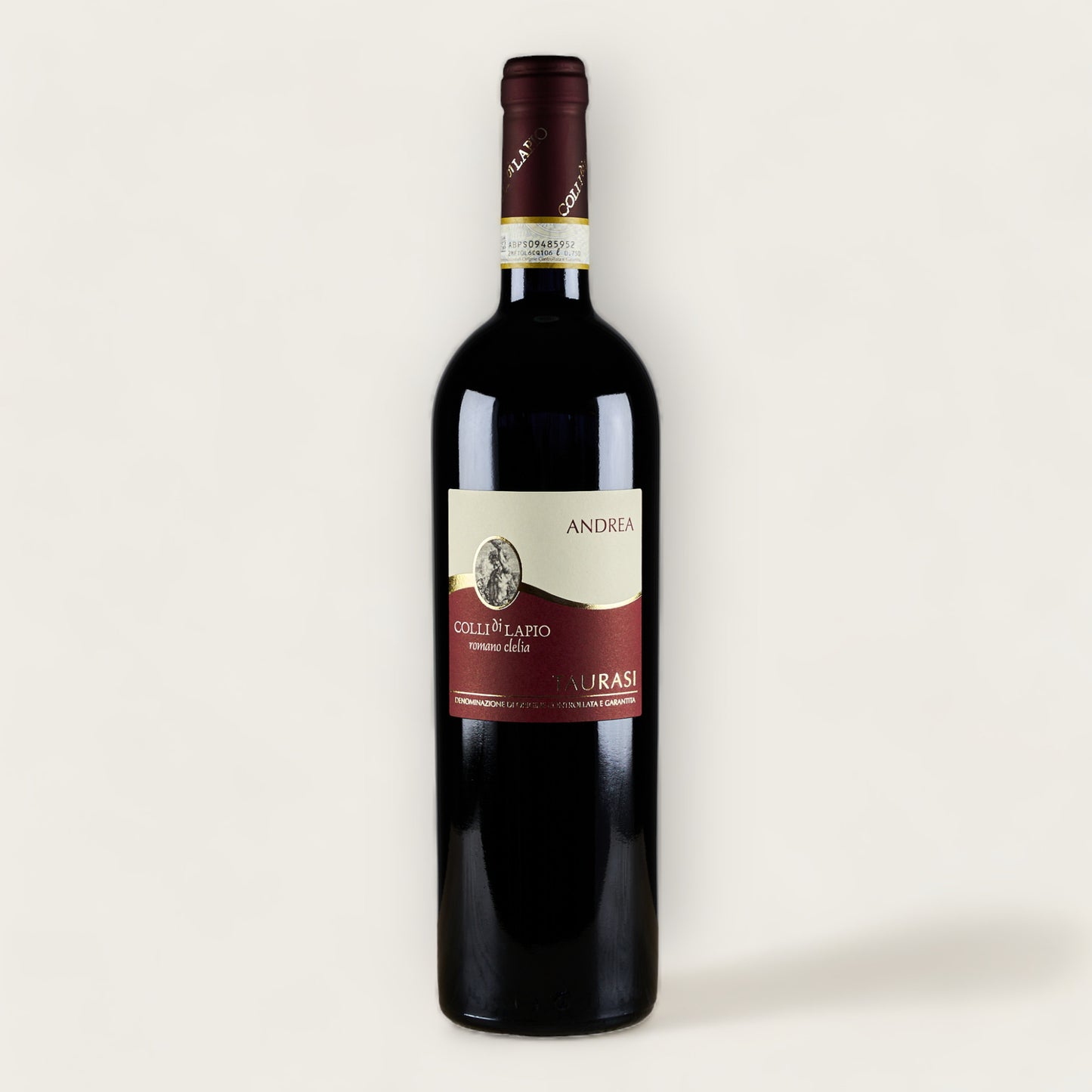Stay up-to-date with the latest news, exclusive promotions, and exciting events by subscribing to our newsletter! Sign up now and receive a 10% discount on your first purchase. Don't miss out on this great opportunity to stay connected with us and get access to special offers!
Vigna Andrea Taurasi DOCG - 2017
- Tax included.
Vigna "Andrea", a prestigious Taurasi wine from Colli di Lapio. Crafted with 100% Aglianico grapes, it showcases an intense ruby red color and a rich aroma of marasca and sour cherries with an aging potential of 14 to 15 years.
Sourced from the Venticano vineyard, these 15 to 20-year-old vines undergo a manual harvest in November. The vinification process includes stainless steel fermentation and maturation, followed by aging in barriques for 12 months and an additional year in tanks and bottles.
A true expression of Taurasi's finest, promising a captivating journey. Whether enjoyed now or cellared for future moments, Andrea is a testament to Colli di Lapio's dedication to exceptional winemaking.
Grape Variety:
Alcohol: 14.5%
Serving Termperature °C: 14-16°C
Ageing Potential: 10-15 years
Terroir: Abruzzo

Colli di Lapio

Abruzzo

Campania


